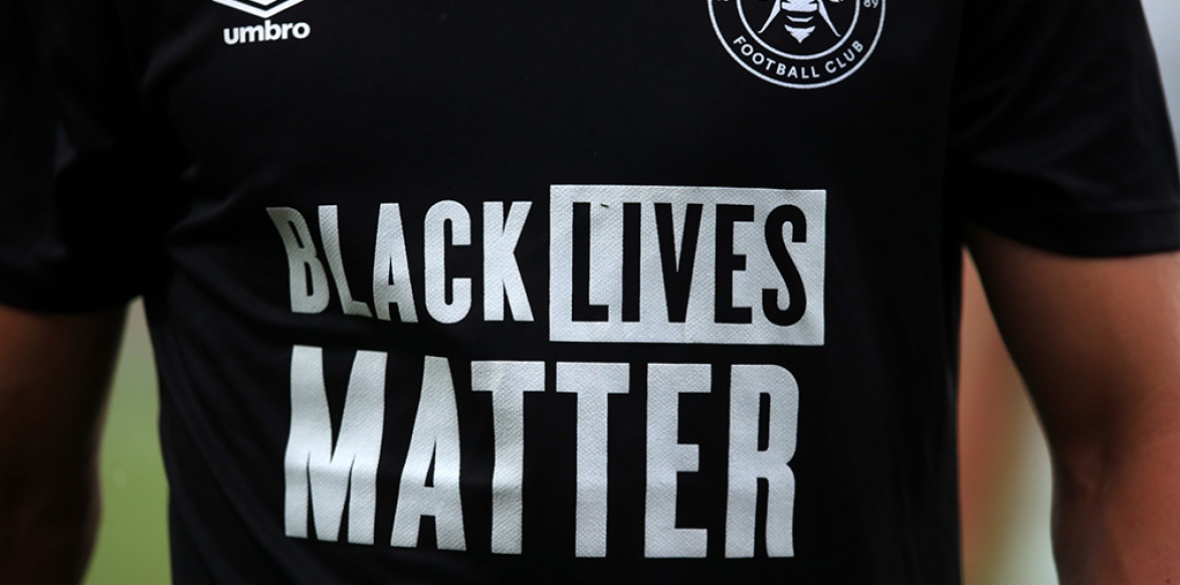This is the last article you can read this month
You can read more article this month
You can read more articles this month
Sorry your limit is up for this month
Reset on:
Please help support the Morning Star by subscribing here
HISTORY doesn’t repeat itself, although some of us who like studying and learning from history are sometimes guilty of thinking it. But many commentators have drawn a comparison between the present moment and the political developments of the 1960s. This comparison is valid and we should learn the era’s lessons.
In the 1960s the US was in turmoil. The civil rights movement was on the march. So too was the anti-Vietnam war movement and there was the rise of the women’s movement fight for equality.
The current situation does not exactly mirror that. But we are facing the worst global public health crisis for a century. There is, too, huge and well-founded concern about the economic impact of the crisis and what that means for jobs, for living standards, public services and the environment.
We have had the emergence of the Black Lives Matter movement in response. Workers have also taken action against the impositions of the government, including the teachers here who correctly demanded that safety must come first.
Quite remarkably Black Lives Matter has majority support on both sides of the Atlantic. I would like to believe that it commands similar levels of support in many other countries. The reason for this is clear. All of the issues that people are most concerned by currently, the health and wellbeing of their families, the outlook for livelihoods, jobs and pay, all affect black people and other communities even more than the rest of the population.
This is because of systemic discrimination, as the report of Public Health England makes clear. In addition, black and Asian young men face huge inequalities at every point of contact with the criminal justice system. But on many issues, Black Lives Matter is speaking for us all.
As a result, some important parallels with the civil rights movement are important. It is sometimes forgotten that many of the demands of that movement were not just about voting rights and ending segregation, but there were also demands for jobs, equal pay and decent housing. Civil rights and social and economic rights are intertwined. The all-encompassing banner of Black Lives Matter can incorporate all those issues.
But the movement now is in its infancy and the history of the civil rights movement again holds lessons. It was a very prolonged struggle. As many readers of this paper will know, campaigns and marches, let alone challenges to law and the status quo, take a long time in preparation.
Many, many people meet in kitchens and living rooms long before there are public meetings. Sometimes there are public meetings and marches for years before there are legal challenges and reforms.
Brown vs the Board of Education was the famous case where the Reverend Brown successfully challenged segregation in US schools and it took place in 1954. It was ultimately endorsed by the Supreme Court which ruled that segregation breached the constitutional right to equality.
The Supreme Court had to rule on this issue again in 1968, the same year that the US was in flames after the assassination of Dr Martin Luther King. But it took a series of further struggles over many decades to implement desegregation and as far as many US educationalists and others are concerned it is still a job to be completed effectively and fully. Rosa Parks, “Freedom Rides,” Selma and many more famous and long forgotten people, movements and events were needed.
Black Lives Matter and its massive support shows the job is far from complete. This movement and its supporters and allies will probably need the same endurance and persistence as its predecessors.
We should remember too that the movement was and is global. Major blows against the rotten Apartheid system were struck in this period and the movements in South Africa and the US took inspiration from each other. There was an uprising in Paris, there was the Dubcek experiment in Czechoslovakia, northern Italy was in turmoil. The civil rights movement began in Ireland — and its name was not a coincidence.
Of course, it is possible that, unlike in the 1960s the movement will just fizzle out and it will not be joined by others. But that is not the most likely outcome.
Unfortunately, the US already appears to be entering its second wave of coronavirus. There can be no confidence in its government’s handling of the health crisis. The same is true for many countries outside of the Asian Pacific.
In addition, the terrible economic consequences of the virus have barely begun. The IMF recently downgraded its growth forecasts, especially for those countries that have handled the Covid-19 crisis so badly.
In Britain, it is reported that the Chancellor is asking ministers for 30 per cent departmental cuts. Austerity will be back with a vengeance unless we can make them reverse course.
So, all of the factors that are fuelling this movement are going to persist and even deepen in the period ahead. Of course, that does not mean there will be no ebbs and flows, no ups and downs. But the elements of the crisis that the movement is responding to are not going to go away.
It is also important to remember that in the end the US did leave Vietnam, segregation was ended and women did win rights, including the right to choose. We can win.











